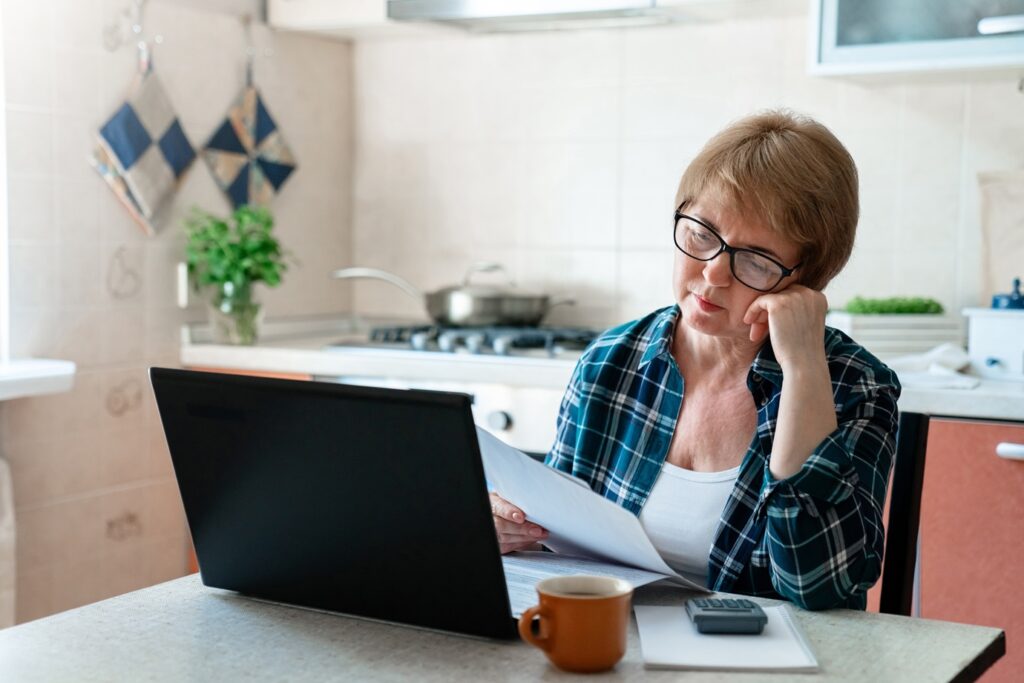Four in five women don’t know where to go for help with economic abuse, according to new data highlighting a lack of support and access for victim-survivors.
Commissioned by the Centre for Women’s Economic Safety (CWES), the 2025 Women’s Economic Safety Snapshot is released today, in line with International Economic Abuse Awareness Day.
The findings show less than a third of women who have personally experienced economic abuse know where to turn for support, and just 15 per cent of victim-survivors sought help this year.
Of those women who did seek help for economic abuse, 44 per cent were still unable to access support, with key barriers to access being safety concerts, long wait times and services being too confusing or hard to navigate.
“Economic abuse is a pervasive and too often hidden form of domestic and family violence,” said founder and director of CWES Rebecca Glenn.
“It leaves women in precarious financial circumstances and impacts their wellbeing,” she says, as the research shows women who’ve experienced economic abuse report significantly lower satisfaction across all wellbeing indicators, including personal relationships, standard of living, health and future security.
While the research identified 14 per cent of women as having experienced economic abuse, the data suggests this number is higher, as this type of coercive and controlling tactic is less understood than most other forms of domestic and family violence.
Of the women surveyed, 65 per cent said they could explain economic abuse well or very well to a friend or colleague compared to 83 per cent who would be confident in explaining psychological or emotional abuse and 86 per cent who could confidently explain physical abuse.
When it comes to the experience of economic abuse, 16 per cent of women reported a partner had damaged or destroyed their belongings, and 21 per cent said that they had to use their money for necessities while their partner spent their money however they wanted.
Fourteen per cent of women reported having to ask their partner for money, and 12 per cent were forced or pressured to give their partner their savings or other assets.
“Despite its prevalence, services that support women experiencing abuse are few and far between, meaning many women who seek support are unable to find it,” said Glenn.
“The provision of violence and trauma-informed financial counselling, legal services and social work programs must be tailored to the unique challenges economic abuse presents.”
“This requires investment in the provision of services, and the promotion of services that support women experiencing economic abuse.”
Financial counselling is a free, independent and confidential service provided by qualified professionals to help Australians facing financial hardship. To get advice or find a financial counsellor in your area, call the National Debt Helpline (1800 007 007)
If you or someone you know is experiencing, or at risk of experiencing, domestic, family or sexual violence, call 1800RESPECT on 1800 737 732, text 0458 737 732 or visit 1800RESPECT.org.au for online chat and video call services.
If you are concerned about your behaviour or use of violence, you can contact the Men’s Referral Service on 1300 766 491 or visit http://www.ntv.org.au.
Feeling worried or no good? No shame, no judgement, safe place to yarn. Speak to a 13YARN Crisis Supporter, call 13 92 76. This service is available 24 hours a day, 7 days a week.


